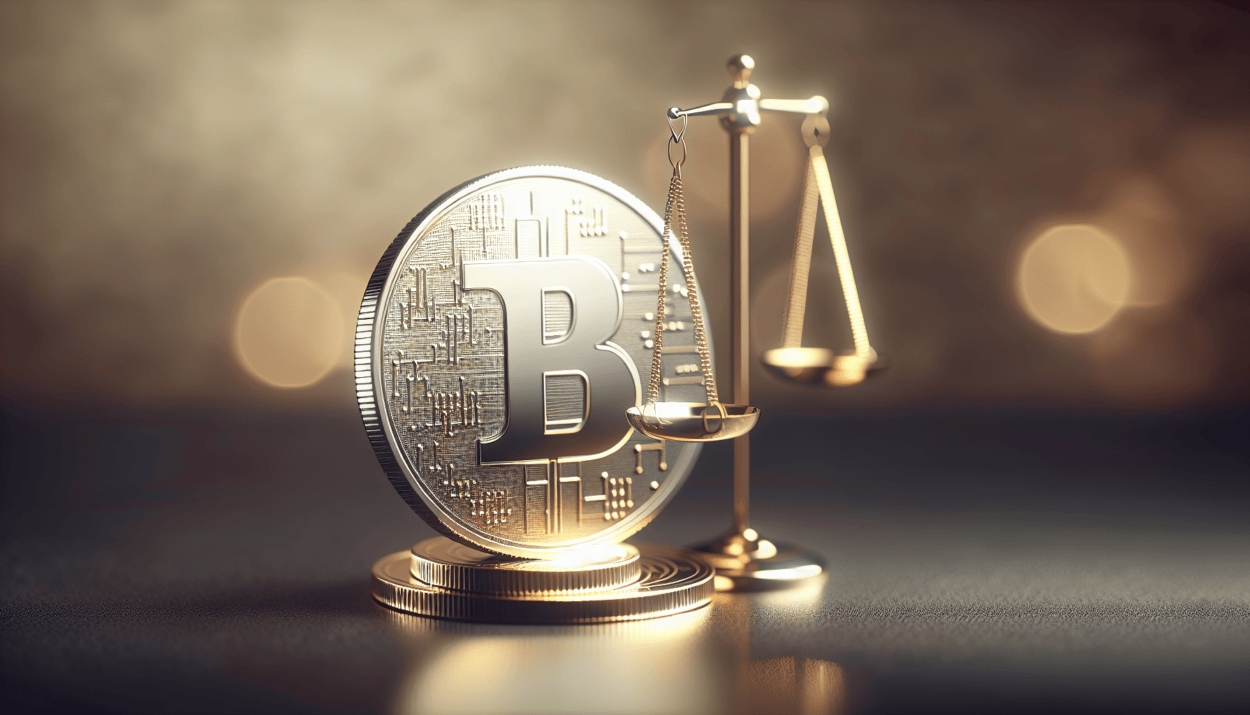A recent ruling by a federal judge has upheld the Securities and Exchange Commission’s (SEC) stance that certain crypto assets should be classified as securities, even when traded on secondary markets. This decision, stemming from a case against a former Coinbase employee for insider trading, has sparked further discussion on the classification of cryptocurrencies.
Case Details
In the case involving Ishan Wahi, a former Coinbase staffer, it was found that he shared confidential information with his brother and a friend, leading to insider trading allegations. The SEC argued that the defendants traded unregistered securities on Coinbase, specifically focusing on tokens like AMP and DDX.
While Wahi and his brother settled with the SEC and the Department Of Justice to avoid further legal action, the friend, Sameer Ramani, remains at large. The default judgment issued by Judge Tana Lin declared every crypto asset traded by Ramani on Coinbase as an investment contract, even in secondary transactions.
Regulatory Landscape
The regulatory uncertainty surrounding crypto assets in the U.S. has been further complicated by this ruling. The SEC’s use of the “Howey Test,” established in a 1946 Supreme Court case, remains a key factor in determining whether virtual currencies should be classified as securities.
While Bitcoin has been classified as a commodity since 2015, other cryptocurrencies face ambiguity in their classification, posing legal risks to exchanges. The recent enforcement actions taken by the SEC under chairpersons Jay Clayton and Gary Gensler have put industry leaders like Ripple, Binance, and Coinbase under scrutiny for their token offerings.
Legal Challenges
The differing perspectives of federal judges on the securities question have added to the regulatory uncertainty in the crypto space. Recent rulings, such as the one regarding Ripple’s XRP token, have highlighted the complexity of classifying crypto assets as securities.
Lawsuits against major exchanges like Coinbase and Binance have further intensified the legal landscape, with judges yet to rule on critical motions in these cases. The evolving regulatory environment continues to pose challenges for both regulators and industry participants.
For more updates on cryptocurrency news and regulatory developments, visit Global Crypto News.
























